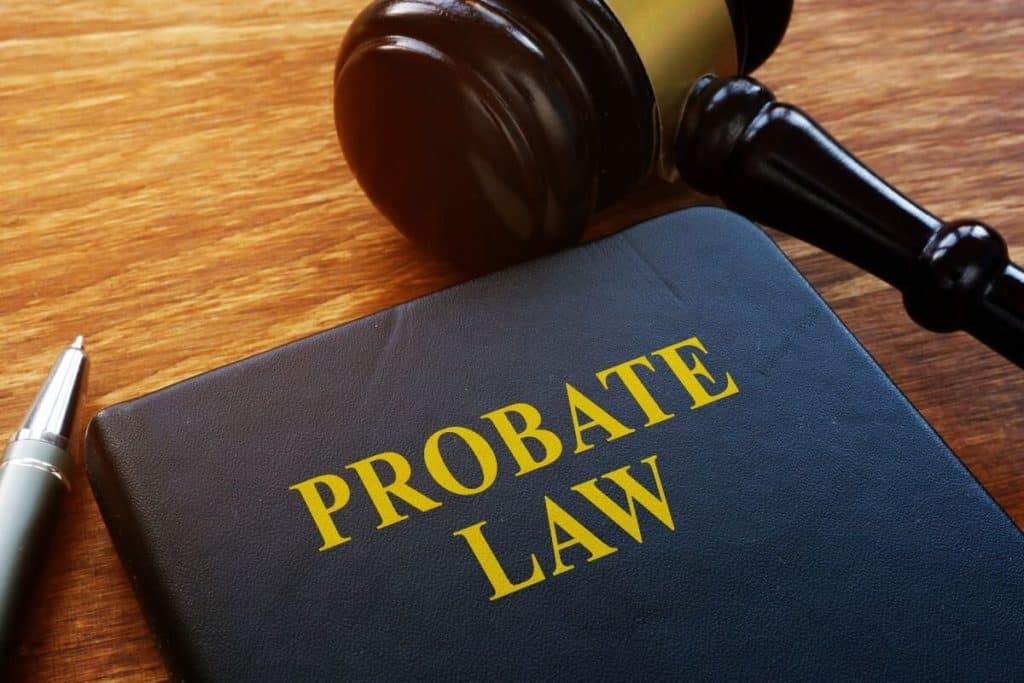Let’s get to the answer to this question quickly: Pay-on-death bank accounts are designed to help avoid probate—and in fact are one of the simplest ways to do so. This is because they are designed such that the assets within an account can be transferred directly to a beneficiary. Technically, any kind of bank account—savings, checking, or certificate of deposit—can be a pay-on-death account. Banks do not usually even charge fees for this service.
When two married people share a joint bank account, the account is typically owned by right of survivorship. In this arrangement, there is little need to file any pay-on-death paperwork. Upon the death of the first spouse, the money in the account generally becomes the property of the surviving spouse automatically (with some limited exceptions).
Nonetheless, there are scenarios in which married people with such a bank account may want to file pay-on-death paperwork with their bank. Primary among these is when they want the money in it to pay to their children or another beneficiary upon their deaths, without going through probate. If they file the pay-on-death paperwork, it will not go into effect until the surviving spouse passes away.
During all that time—which is to say, while a primary account holder is still alive—the named pay-on-death beneficiaries have absolutely no control over the account. In fact, the primary account holder can revoke the pay-on-death designation at any time, change the beneficiary, or, for that matter, close the account completely.
When the last primary account holder passes, in order to take possession of the assets in the account, a beneficiary simply needs to make an appearance at the bank with identification and proof of death.
Okay, so the harder question to answer is whether you should use pay-on-death options to transfer your accounts. This is a much more complicated answer. Paying assets directly to beneficiaries leaves the account proceeds subject to the beneficiary’s creditors. Also, pay-on-death accounts do not typically address what happens if a named beneficiary is predeceased. In that event, a grandchild or other important family member may be inadvertently overlooked.
It’s important to note that, where you have a pay-on-death account, the account bypasses your will entirely. So, referring to these particular funds and their beneficiary in your will could confuse matters. Even worse is where a will refers to these funds and names a particular person to inherit them, while the pay-on-death bank account itself names someone different. That’s an almost surefire route to litigation—or at the very least intra-family resentment.
Let Us Help With Pay-On-Death Accounts and Avoiding Probate
If you are interested in thinking about whether or how to avoid probate and make sure your intentions who gets what are clear, attend one of Promise Law’s free estate planning workshops. These workshops provide a great foundation of information that everyone needs to be able to make good planning decisions. Moreover, if you attend a workshop you also get a complimentary one-on-one consultation with one of our attorneys.




